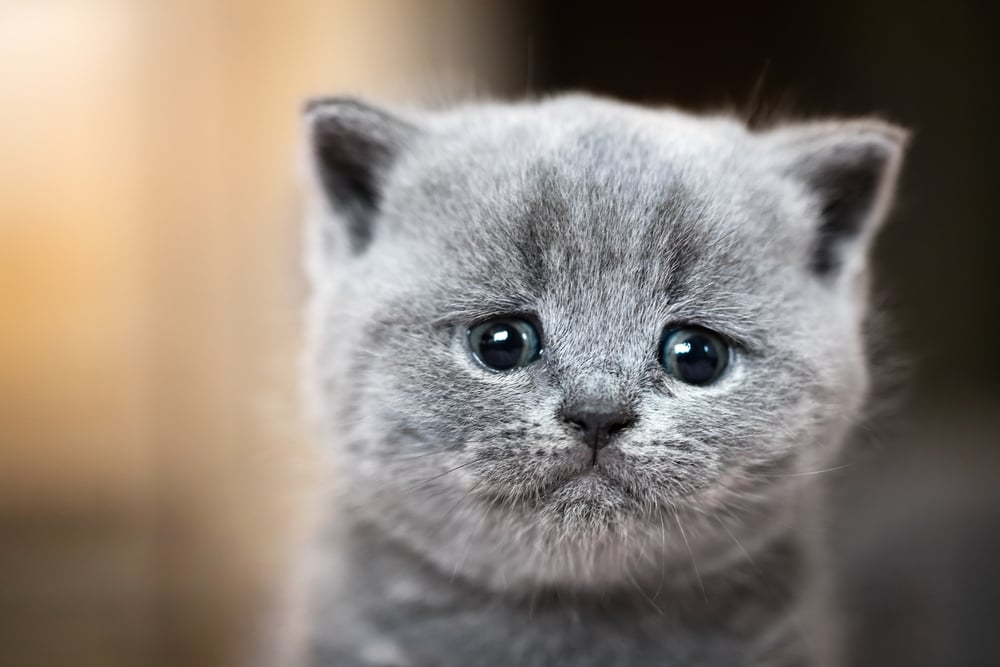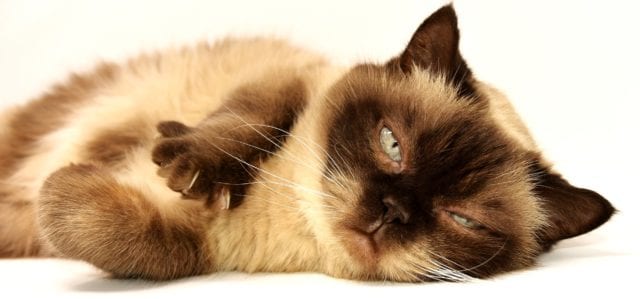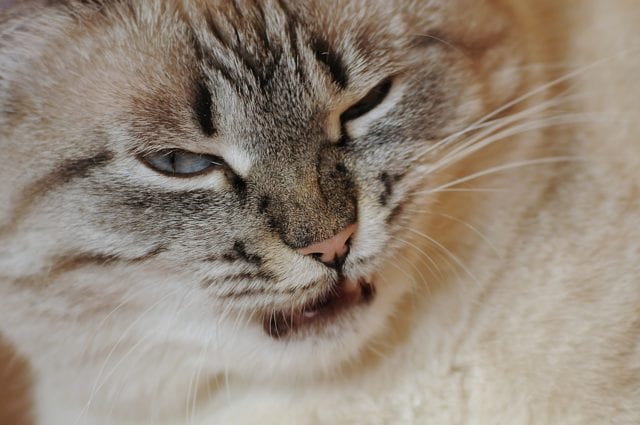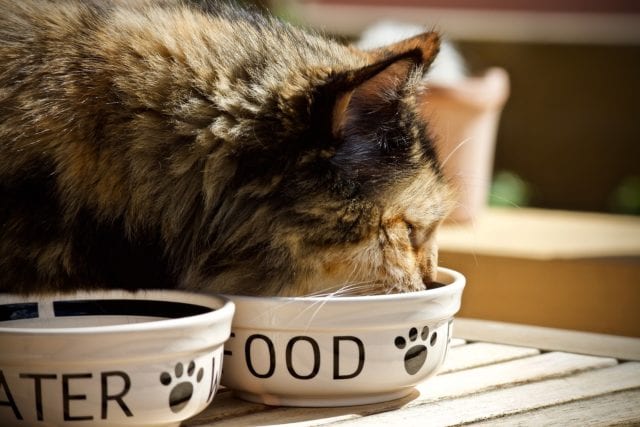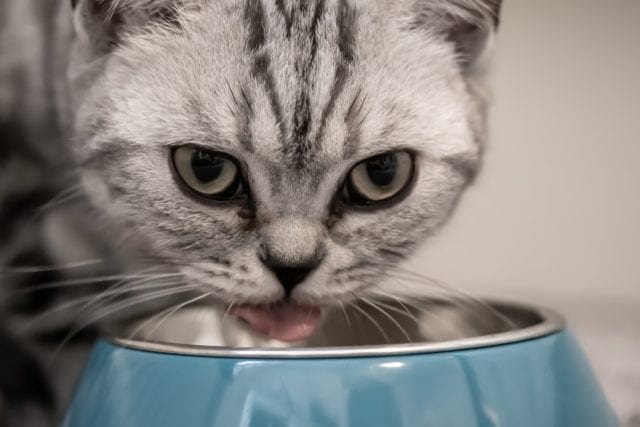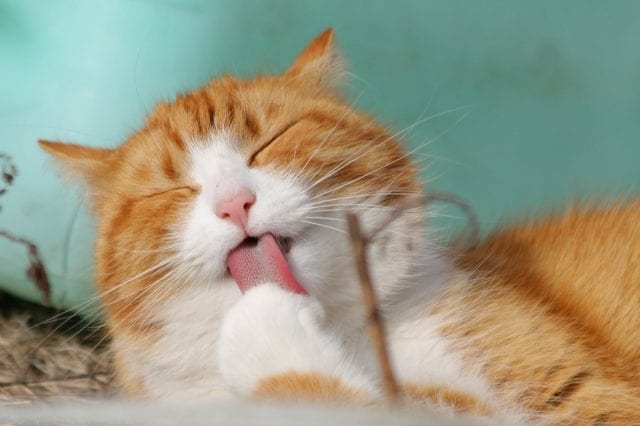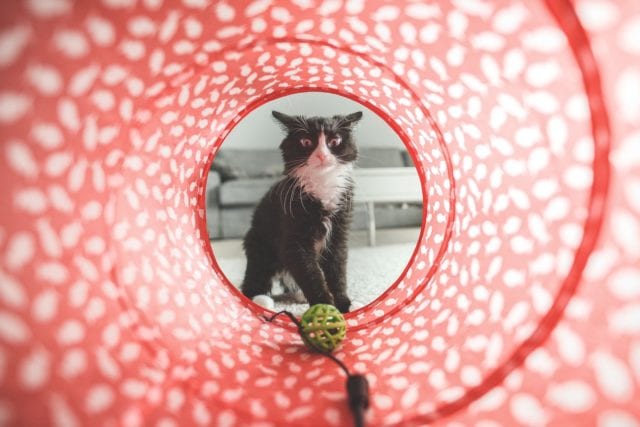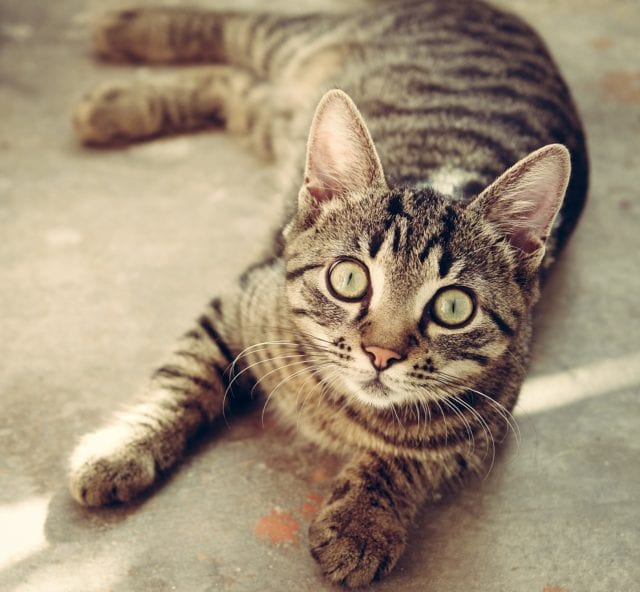Cats, with their enigmatic fur-clad expressions, can often be puzzles when it comes to discerning their emotions. While the contented purr in your arms clearly indicates joy, and a hiss is a surefire sign of displeasure, these are just momentary feelings. How can you gauge the overall mood of your feline companion?
Is your cat cheerful or downcast?
Given that humans and cats don’t always communicate in the same language, let’s explore some indicators that might suggest you have a discontented kitty.
#1. Lazier than Usual
Is your cat a lazy loaf?
Cat lovers know this is a tricky one. Kitty cats tend to snooze from 12 to 16 hours a day, so it’s not unusual for a cat to laze about, but when your cat is awake, how is his behavior? Does your kitty lie around instead of snooping and nosing like a curious cat? Do toys get your cat silly or does he pay scant attention and turn away?
If your cat is lazy without reprieve, then something might be dragging your fur darling down in the dumps.
Keep in mind that indoor cats can get bored. Like a human, cats need stimulation, but over time a cat can accept its situation and take up a lifestyle of lazing about that isn’t healthy. Like humans, a sedentary lifestyle can lead to a host of health problems for a cat. As your kitty darling ages, you’ll notice a gradual slowdown, but complete inactivity is not normal at any age. Seek medical care for a listless cat.
Here’s a list of tips to keep your cat happy and active:
- Cats love to climb, and by simply installing cat ledges or placing cat trees, their boredom can be alleviated with some trips up and down whatever climbing system works best for your feline and your home. Climbing is a natural activity during outdoor life, but living inside comes with limited opportunity to flex the climbing muscles.
- Scratching posts galore will help bust boredom. Cats scratch on things for a multitude of reasons: marking territory, stretching, and keeping their radiant claws manicured.
- Toys are key at keeping a cat entertained, but kitties are picky, this we know. Just because you think that glittery bumble bee is adorable doesn’t mean your cat will. According to the Ohio State College of Veterinary Medicine, cats have what’s called a “prey preference.” Some are drawn to feathers that mimic wild birds, while others might prefer dangling strings and crinkle sounds. It might be a toy that creates noise, like chirps or squeaks, that will send your fluffy love over the moon.
- Try training your cat to walk on a leash. It sounds strange, but some cats love a stroll with their human.
#2. Singing Sad Love Songs
Cats tend to be dramatic, giving long and mournful meows to signal their displeasure. They like to cry out about their food bowls and their state of fullness, but sometimes that cry gets misinterpreted. If your cat seems to yell an over lot about food when the bowl is full, then he may be trying to tell you something else entirely.
ASPCA.org reports, “Numerous diseases can cause cats to feel unusually hungry, thirsty, restless or irritable—any of which is likely to prompt meowing. Even if your cat has a history of meowing for food, you should still have her checked by your veterinarian.”
If your cat has a clean bill of health, it might just mean your kitty really wants some extra time with you. Those impressive vocal acrobatics may be a demand for more attention. After all, they do love us as we love them. Next time your cat gets loud, give him some snuggles. Love and affection are often the strongest tools in helping an unhappy cat.
#3. Straight-Up Hostile Behavior
Is your cat usually the best cuddle bud you’ve ever met but suddenly in a continuous rage? If so, this hostility can signal obvious unhappiness. Cats will turn to hissing and swatting to convey their dismay, but be careful if your cat has settled into an aggressive state. Like their big cat brethren, cats are fast, and before you know it, you might find yourself with a bleeding wound from a bite or scratch.
Call your vet immediately if your cat has become overly hostile and refuses to calm down. Something is wrong. Cornell University’s College of Veterinary Medicine cites a number of diseases that can trigger aggression in cats:
- Hyperthyroidism
- Osteoarthritis
- Dental disease
- Central Nervous System problems
Cornell recommends consulting your cat’s “veterinarian before attempting to manage aggressive cats through behavioral and/or environmental modification.”
#4. Food Picky Pants or Suddenly Chubby
Cats are food monsters. Really, eating is one of their favorite things to do. If all of a sudden your little cat pig stops loving food, something could be troubling the fuzzy one. The problem could simply be dislike. Cats who have eaten the same brand of food for a long while can decide they don’t care for it anymore. They’re picky like that. It might be they’ve grown bored with the lack of variety. In the wild, cats hunt different types of prey, offering them a buffet of choice. In the house, the choice is removed and can lead to a case of the blahs in your kitty.
Also, a cat won’t eat when their mouths hurt. Dental problems are a common issue in aging cats, according to SeniorCatWellness.com. “The three most common dental problems in cats are periodontitis, gingivitis and tooth resorption with varying levels of severity.”
Unhappy kitties can overeat too. While chonky cats are super cute, it might signal some issues if your trim feline suddenly blimps out. Either the cat is unhappy or some health problem, like diabetes, could be brewing. If introducing new food doesn’t solve the undereating issue or the overeating is overwhelming, contact your vet.
Be sure the cat’s water dish is fresh and clean at all times too. You can make getting a sip of water fun by purchasing a water fountain for animals. The bubbling water will provide hydration and entertainment.
#5. Too Much or Too Little Grooming
Cats are meticulous when it comes to their cleanliness. The pride taken in grooming reflects a cat’s care about their little persons. If suddenly your kitty stops taking care to keep paws and tails immaculate, check in with your cat and see what’s going on. Cats that stop bathing turn away from self-care for a reason, whether they’re depressed or ill.
Vest West Animal Hospitals said cats spend 30% of their time grooming. Beyond a want to feel clean, grooming can calm a cat when they feel out of sorts. But cats who spend too much time licking and preening their fur can cause baldness and skin irritation. If the vet can’t find a physical cause for overgrooming, the diagnosis may come as “psychogenic alopecia – a compulsive disorder usually brought on by stress or anxiety.”
If this is your kitty’s case, then it’s time to examine what factors create an unhappy cat.
#6. Litter Pan Disasters
One of the most obvious issues cat lovers notice when their kitty isn’t happy is litter box problems. A cat that starts urinating or defecating outside their pan makes their unhappiness known by leaving puddles and piles for you to clean. Issues can range from a dislike of litter brand to not feeling safe. Plus, discerning noses don’t care for any kind of stink and won’t dare put their paws in what they see as dirty dirt essentially. Keep the litter fresh and scooped, and be sure there’s a pan for each cat. Add an extra litter pan to keep the purrsnickety cats pleased.
If trying a new cat litter and revisiting litter pan setups don’t revive your cat’s bad mood, then make an appointment with the vet.
#7. Mopey Body Language
Body language indeed tells us much about a cat’s feelings. It’s normal for them to lash out when angry or roll over and purr when happy. But those are momentary reactions. If your cat constantly walks around on edge, avoiding her favorite chin rubs or playing with favorite toys, she’s telling you something by saying nothing.
Instead of verbally telling you, she’s using her body to speak. Watch her body language to pick up clues. Standing fur, ears pinned back, or a tail that is constantly lashing back and forth are just a few ways cats communicate distress. Watch for the postures of an unhappy cat. Make certain these behaviors are reactions and not a default setting. If the actions are constant, time to make some changes.
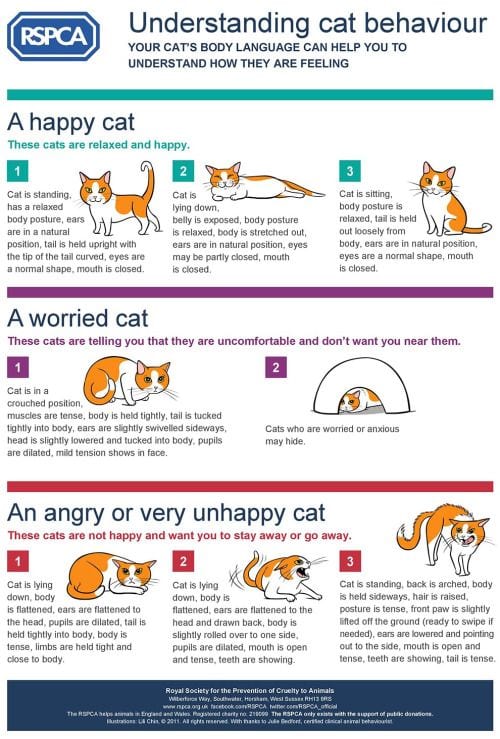
Image Courtesy of RSPCA.org.uk
#8. Hiding and Avoidance
Cats are natural-born hiders. The level of their skill is astounding and can be alarming to the human who is looking for them. But, cats will come out of hiding when ready, usually for a snack or good snuggle.
Unhappy cats hide, too, yet to the point of excluding themselves from normal life, refusing to come out of their shadowy refuge. Whether from fear or illness, a cat who no longer wants to hang out with his family is experiencing some sort of turmoil.
While hiding from visitors is normal, continual avoidance of loved ones is not. If your cat is going out of his way to avoid you and your love, you might be the source of the stress your cat is feeling. In an interview with the Guardian, anthrozoologist John Bradshaw explained why we might be causing our cats stress, “If cat owners understood their pets better, they’d recognize the demands we’re putting on them.”
Rather than chasing cats around for hugs they don’t want or snapping too many pictures for social media, spend some time examining your cat’s environment for reasons you’re cat might be annoyed with you.
#9. Fraidy Cat Ways
Cats are spooky, no doubt about it. One minute your sweet girl bathes peacefully. The next, she’s seen an invisible force and shot out of the room like an arrow. Cats experience fear and feel stress just like us. When fear and stress are a constant for a cat, anxiety can definitely create an unhappy cat.
Hiding from strangers in the house can be normal for some cats and kittens. A good number of critters cope with new experiences by cowering from the unknown, but how do we know when normal fear has shifted into crippling anxiety?
If your worried anxiety is ruling your cat, look for these unhappy cat signs provided by Mother Nature Network:
- Hiding to the point you’re not sure you have a cat
- Aggressive behavior
- Constant pleading cries
- Extreme sleepiness beyond normal cat laziness
- Vomiting or changes in weight
- Overeating or under-eating
- Making messes outside the litter pan
- Grooming themselves bald
- Household destruction like tearing up furniture
- Shadowing their human at every turn
If you suspect your cat has anxiety, make an appointment with the vet. Discuss solutions for your cat and do plenty of research. Help your cat find their paws on even ground again.
Cats deserve all the happiness they can find, and to thank them, it’s our job to make the hunt a little easier!

